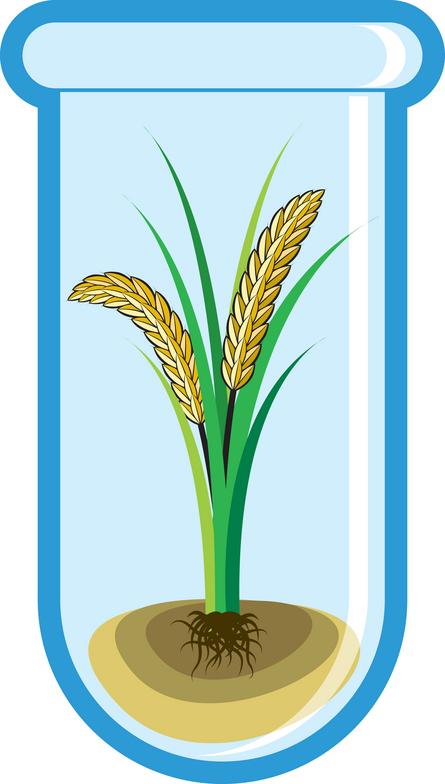Total Thyroid
17 Davis Blvd Suite 304
Tampa Florida 33606
813.253.2333
Causes of Thyroid Disorders
OVERVIEW OF THE THYROID GLAND
The thyroid gland is located on the front part of the lower throat. The gland produces thyroid hormones, which regulate metabolic rate which measures how fast calories are consumed to produce energy. Thyroid hormones are vital in regulating body energy, body temperature, play a key role in the body's utilization of other hormones and vitamins. Thyroid hormones are also involved in growth and maturation of body tissues.
Diseases of the thyroid gland can result in either production of too much (overactive thyroid disease or hyperthyroidism), or too little (underactive thyroid disease or hypothyroidism) thyroid hormone, thyroid nodules, and/or goiter. Thyroid problems are much more common in women than in men.
In our book "Wheat Gluten the Secret to Losing Belly Fat & Regaining Health", we included a chapter on "Leaky Gut" syndrome. The term "Leaky Gut" was first used by a researcher named Dr. Alessio Fasano who is the head of research at the University of Maryland Celiac Research Center. Dr. Fasano used this term to describe what happens to the intestinal wall when it has been affected by several mechanisms including gluten sensitivity.
Essentially, an intestine with "Leaky Gut" syndrome allows particles of not fully digested food (protein) to pass through the intestinal wall into the blood stream. The body's own immune system then identifies this food protein as an invader and attacks it. The problem with this is that the immune system will attack all similar proteins within the body. The thyroid gland has these similar proteins and is one of the most common targets when "Leaky Gut" syndrome is present. This autoimmune response is believed to be one reason we are seeing spikes in thyroid disorders.
Other known causes for thyroid disorders include:
•Loss of thyroid tissue: Treatment of hyperthyroidism by radioactive destruction of thyroid tissue or surgical removal of thyroid tissue often results in hypothyroidism
•Antithyroid antibodies: These may be present in people who have type 1 diabetes, lupus, rheumatoid arthritis, chronic hepatitis, or Sjogren's syndrome. These antibodies may cause decreased production of thyroid hormones because of thyroid destruction. Hashimoto's thyroiditis, the most common cause of hypothyroidism in an adult, occurs because of autoimmune destruction of the thyroid.
•Congenital abnormalities: Hypothyroidism can be present from birth. This is usually discovered with newborn screening for this disease. When one of the steps in thyroid hormone synthesis is defective, the production of thyroid hormone is reduced, causing an increase in thyroid stimulating hormone (TSH). The increased TSH results in a goiter (enlargement of the thyroid gland that can be seen as swelling in the front of the neck). If the metabolic block is severe, thyroid hormone levels are low begining at birth, resulting in mental retardation, goiter, and short stature (hypothyroid cretinsim).
•Medications:
Lithium, a drug widely used to treat psychiatric disorders, has multiple effects on thyroid hormone synthesis and secretion. Up to 50% of patients who take lithium develop a goiter, with 20% developing symptomatic hypothyroidism, and another 20 - 30% developing hypothyroidism without symptoms.
Amiodarone. The drug amiodarone (Cordarone), which is used to treat abnormal heart rhythms, contains high levels of iodine and can induce hyper- or hypothyroidism, particularly in patients with existing thyroid problems. Hypothyroidism occurs in 20% of patients and is the more common effect in the U.S. and other countries where dietary iodine is abundant. Hyperthyroidism is a less common effect in these regions.
Other Drugs. Drugs used for treating epilepsy, such as phenytoin and carbamazepine, can reduce thyroid levels. Certain antidepressants may cause hypothyroidism, although this is rare. Interferons and interleukins are used for treating hepatitis, multiple sclerosis, and other conditions. Evidence suggests that these drugs increase antibodies that put patients at risk for hypothyroidism or hyperthyroidism. Some drugs used in cancer chemotherapy, such as sunitinib (Sunent) or imatinib (Gleevec), can also cause or worsen hypothyroidism.
Radiation Therapy. High-dose radiation for cancers of the head or neck and for Hodgkin's disease can also cause hypothyroidism in up to 65% of patients within 10 years after treatment.
DISCLAIMER: The information on this site is for Educational Purposes Only and is not designed to diagnose, treat, mitigate, prevent or cure any health conditions. The U.S. Food and Drug Administration has not evaluated statements about these health topics or any suggested product compositions.
The patient and any other person responsible for payment has the right to refuse to pay, cancel payment or be reimbursed for payment for any other service, examination or treatment which is performed as a result of and within 72 hours of responding to the advertisement for the free, discounted or reduced fee for services, examination, or treatment.
Dr. Frank Lanzisera is state licensed by the chiropractic board to provide conventional health care services and is also licensed by the Pastoral Medical Association to provide natural health services and therapies to registered members of the Member Share Network. Conventional and pastoral services are completely separate services and each is provided in strict compliance with the rules and regulations set forth by the separate licensing agencies. Dr. Lanzisera treats thyroid-related symptoms as a doctor of pastoral medicine.
LANZISERA CENTER
17 DAVIS BLVD. SUITE 304, TAMPA, FLORIDA 33606 (813) 253-2333
